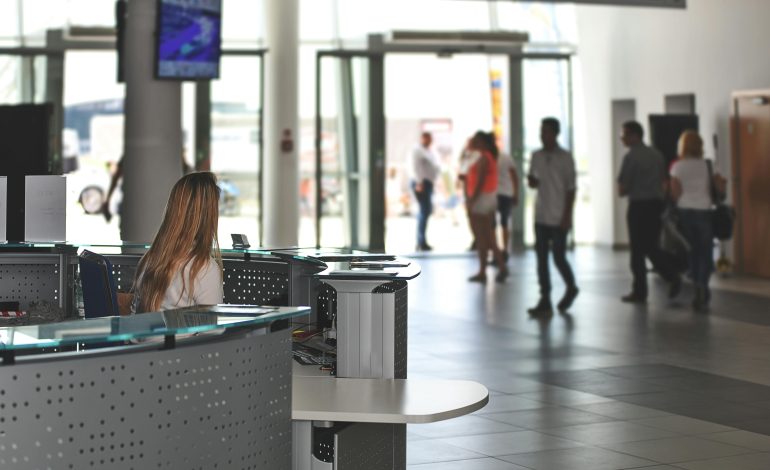How Modern Service Industries Are Redefining Customer Experience

In today’s fast-paced world, customer expectations are higher than ever. Modern service industries have stepped up to meet these demands by embracing innovation, leveraging technology, and putting customers at the heart of their strategies. The result? A redefined customer experience that goes beyond transactions and creates meaningful connections.
Let’s dive into how service industries are reshaping customer experiences in this digital age.
1. Personalization: The Age of Tailored Services
Gone are the days of one-size-fits-all. Today’s customers expect personalized solutions that cater to their specific needs and preferences.
Modern service industries, from hospitality to e-commerce, use data analytics to deliver tailored recommendations, offers, and experiences. For example, streaming platforms like Netflix curate personalized content, while online retailers suggest products based on browsing history.
This hyper-personalized approach not only enhances customer satisfaction but also builds long-term loyalty.
2. Embracing Technology: The Power of Automation and AI
Technology is the backbone of modern customer service. AI-powered chatbots, voice assistants, and automated ticketing systems streamline interactions and provide 24/7 support.
For instance, banking apps now offer instant financial advice via AI chatbots, while food delivery services use automation to track and optimize orders. These advancements reduce waiting times and ensure that customers receive quick, accurate assistance whenever they need it.
3. Seamless Omnichannel Experiences
Customers interact with brands across multiple touchpoints—websites, social media, mobile apps, and physical stores. Modern service industries prioritize omnichannel strategies to ensure a seamless experience across all platforms.
For example, retail giants like Amazon and Apple allow customers to start a transaction online and complete it in-store (or vice versa), with all their data synced in real-time. This frictionless experience builds trust and encourages repeat business.
4. Focus on Sustainability and Ethics
Today’s customers value companies that prioritize sustainability and ethical practices. Service industries are redefining experiences by aligning their operations with environmental and social responsibility.
Brands like Patagonia in retail or Tesla in automotive not only offer great products but also emphasize sustainability in their business models. Similarly, hotels and airlines are adopting eco-friendly initiatives to attract conscious consumers.
This shift creates a deeper connection between businesses and their customers, fostering loyalty through shared values.
5. Real-Time Feedback and Continuous Improvement
Modern service industries actively seek customer feedback and act on it in real time. Platforms like social media and review websites have made it easier for customers to share their experiences, good or bad.
In response, businesses use tools to monitor feedback, address complaints instantly, and adapt their offerings. This commitment to listening and improving ensures customers feel valued and heard, enhancing their overall experience.
6. Experiential Services: Creating Memorable Moments
It’s no longer just about the product or service—it’s about the experience. Modern service industries focus on creating memorable, immersive experiences for their customers.
Take, for example, luxury hotels that offer unique cultural activities, or brands that host engaging events for their customers. These moments leave a lasting impression, turning customers into advocates.
7. Remote and On-Demand Services
The rise of remote work and on-demand culture has transformed service delivery. From telemedicine in healthcare to virtual consultations in real estate, customers now enjoy convenience like never before.
Platforms like Uber, Airbnb, and Instacart have set the standard for on-demand services, offering speed, flexibility, and reliability. This shift empowers customers to access services whenever and wherever they need them.
8. Building Emotional Connections
Modern customer experience goes beyond functionality—it’s about building emotional connections. Service industries achieve this by emphasizing empathy, understanding, and human touchpoints, even in a tech-driven world.
For instance, brands that use personalized thank-you messages, loyalty rewards, or simply show genuine care in their interactions foster deeper relationships with their customers.
Final Thoughts
Modern service industries are setting new benchmarks by combining technology, personalization, and emotional intelligence. The result is a customer experience that is not only efficient and innovative but also meaningful and memorable.
As service industries continue to evolve, one thing is clear: the future of customer experience lies in creating value-driven, human-centric solutions that exceed expectations.







